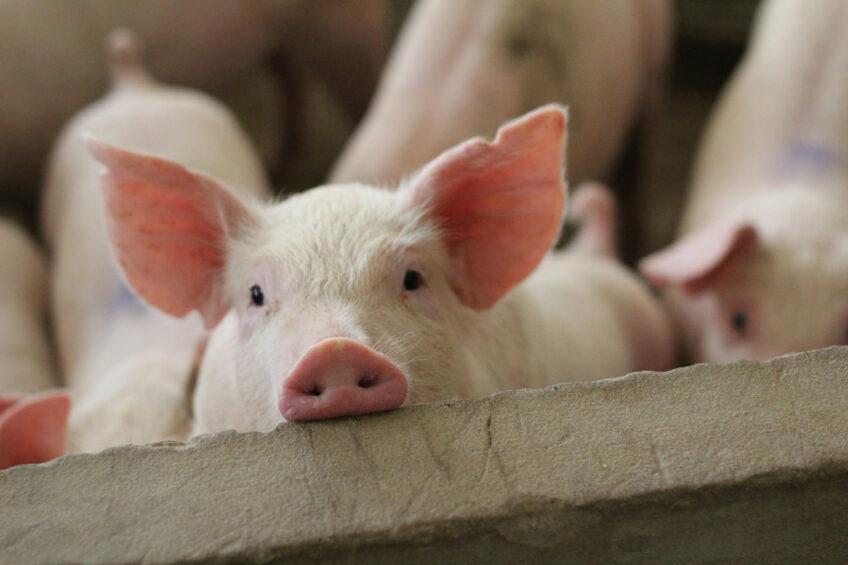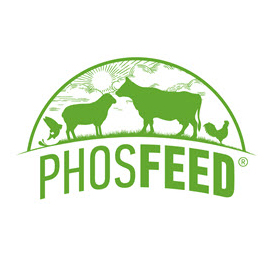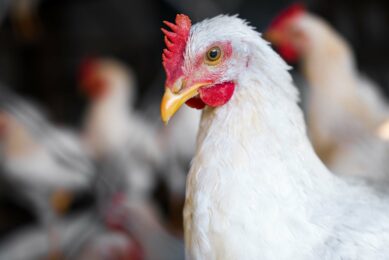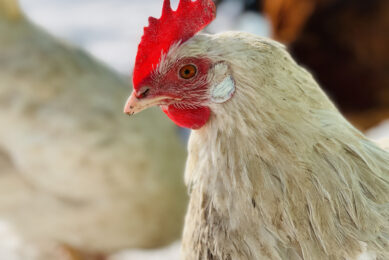Evaluation of real phosphorus digestibility in pigs

Phosphorus (P) is essential in animal nutrition, supporting bone formation, energy metabolism and cell structure. A phosphorus-deficient diet hampers zootechnical performance, while excessive phosphorus intake causes unabsorbed phosphorus emissions in animal waste, leading to environmental pollution through waste. Thus, evaluating phosphorus bioavailability is key to optimising animal diets.
In-vivo experiments were carried out by Wageningen Livestock Research to assess the phosphorus digestibility of various feed phosphates in growing pigs. In the study the total tract digestibility of phosphorus from different feed phosphate sources, specifically di-calcium phosphates (DCP) in male growing pigs, was determined. The digestibility of mineral phosphorus sources is critical to ensure optimal, cost-effective and environmentally friendly nutrition.
Materials and methods
The study was conducted by Wageningen Livestock Research, commissioned by OCP. There were 5 sources of DCP from various regions (Europe, America, Brazil and Morocco) were evaluated. The experiment involved 48 homogeneous male growing pigs, aged 9 weeks and weighing approximately 25 kg. The pigs were healthy and systematically vaccinated.
The study spanned 5 weeks, divided into 2 periods. The first was an acclimatisation phase where all pigs received the same diet to adapt to housing, management conditions and the composition of the experimental diet. During the second period, which lasted 4 weeks, the pigs were given the test diets and housed individually to facilitate the collection of faeces.
The experimental protocol used was the Standard Total Tract Digestibility (STTD) of phosphorus, a method that combines radioactive markers and a suitable diet to measure endogenous phosphorus mobilised within the body, allowing for the determination of phosphorus digestibility values.
The study’s data were analysed using the ANOVA statistical model (analysis of variance), ensuring the robustness of the conclusions.
Results: A digestibility rate of 75.80%
The study revealed a digestibility rate of 75.80% for the Moroccan DCP (Phosfeed) produced by OCP. This rate is higher than the other DCP sources, with a difference of seven points compared to the DCP from the USA and Europe (68.6%) and a difference of 10 points compared to the DCP from Brazil (64.9%). Another Brazilian DCP based on OCP rock showed a slightly higher digestibility by 0.6 points, with no statistically significant difference.
The high digestibility of Phosfeed 18 has a very positive environmental impact as it reduces phosphorus release in animal excrement, which could otherwise contaminate soil and surface water. Feed formulations should therefore consider nutrient digestibility to optimise diets and minimise excrement losses, promoting sustainable breeding.
This study underscores the importance of selecting highly digestible phosphorus sources for animal feed formulation. OCP’s Moroccan DCP excels in terms of its superior digestibility, offering both economic advantages through cost reduction and significant environmental benefits.





